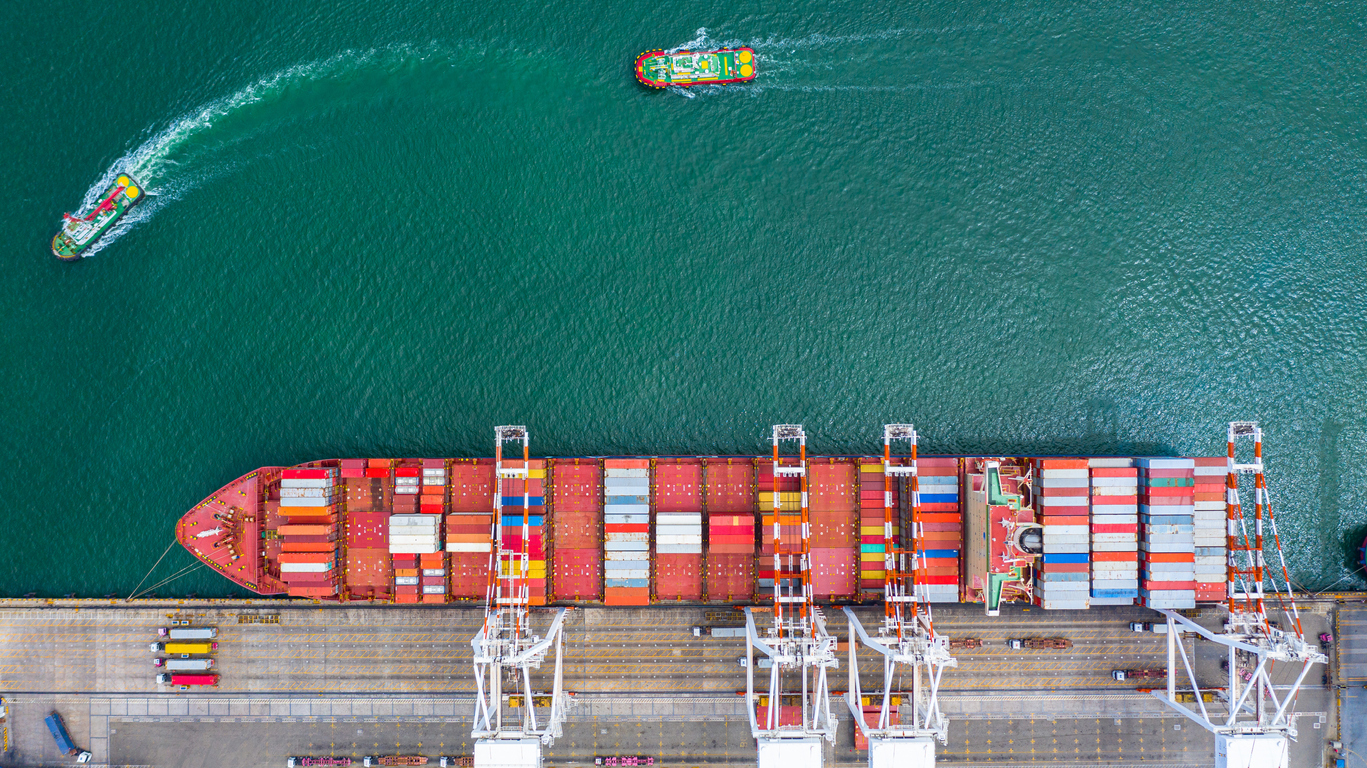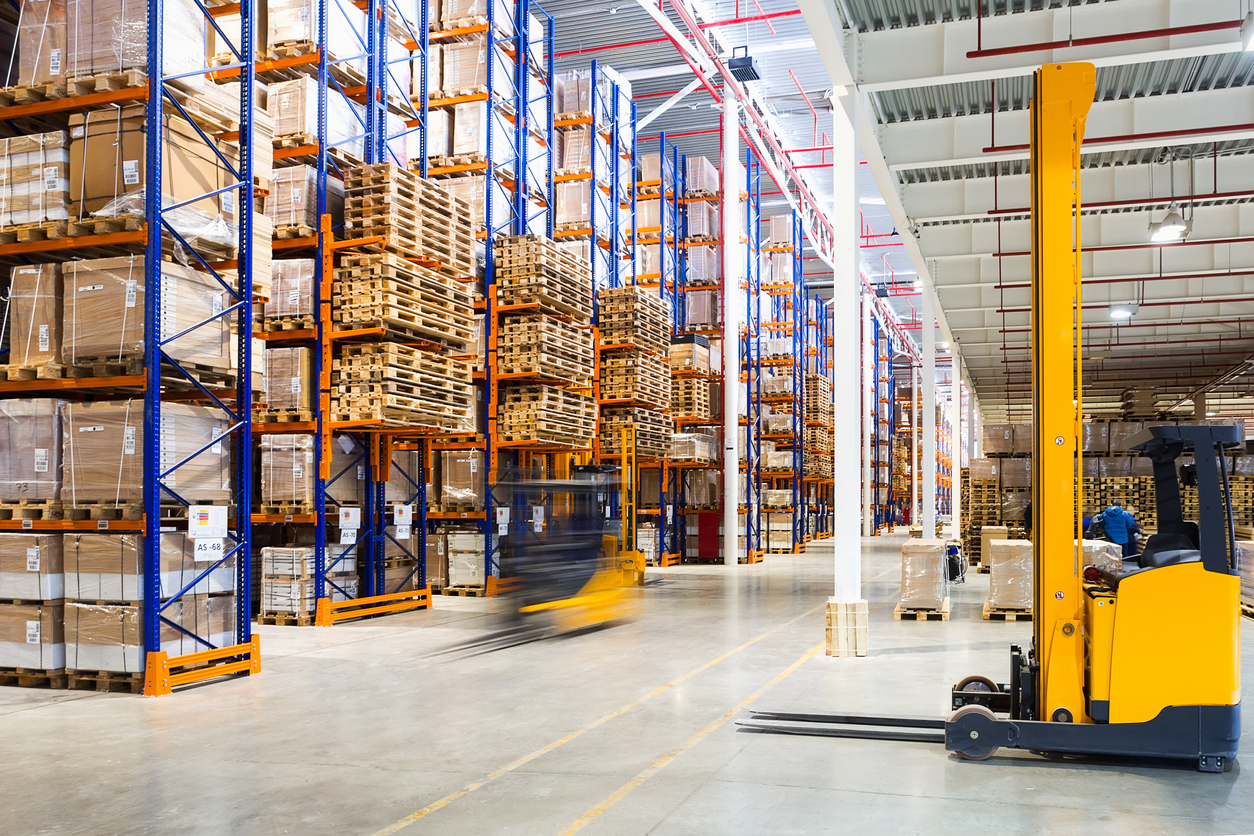Exploring the Role of Shipping Companies in Ghana’s Economic Development
Exploring the Role of Shipping Companies in Ghana’s Economic Development
Ghana, a country nestled on the vibrant shores of West Africa, has long been admired for its rich cultural heritage and natural beauty. But beneath its breathtaking landscapes lies a lesser-known powerhouse that fuels Ghana’s economic growth and connects it to the world – shipping companies. From bustling ports to swift vessels navigating the vast oceans, these unsung heroes play an integral role in driving Ghana’s development forward. Join us on this captivating journey as we delve into the fascinating realm of shipping companies and unveil their indispensable contributions to Ghana’s remarkable rise on the global stage. Embark with us as we untangle the intricate web of logistics, explore groundbreaking innovations, and unlock hidden opportunities that have propelled Ghana towards unprecedented prosperity. Get ready to set sail with us through this riveting exploration of how shipping companies are shaping Ghana’s economic destiny!
Introduction to the shipping industry in Ghana
Ghana’s shipping industry is a vital component of the country’s economy, playing a crucial role in facilitating trade and commerce both domestically and internationally. With over 80% of Ghana’s trade being dependent on maritime transport, the shipping industry is responsible for connecting Ghana to the rest of the world through its ports and harbors.
The history of shipping in Ghana dates back centuries, with traditional canoes being used by local fishermen for fishing and transportation along the coast. However, it was not until the late 19th century that modern shipping began to develop in Ghana, with European trading companies establishing ports and introducing steamships for commercial use.
Today, Ghana has a well-established and flourishing shipping industry, comprising of both public and private sector players. The primary purpose of this industry is to facilitate the importation and exportation of goods, as well as provide essential services such as shipbuilding, ship repair, marine insurance, cargo handling, freight forwarding, and logistics.
The main driver behind Ghana’s growing shipping industry is its strategic location on the west coast of Africa. The country boasts a coastline stretching over 500 kilometers along the Gulf of Guinea, making it an ideal gateway for trade between Europe, Asia, America and other African countries. Additionally, Ghana has several natural deep-water seaports located in Accra (Tema), Takoradi (Ghana’s first port) , Sekondi-Takoradi (the largest port), Tema Fishing Harbor (for small-scale fishing activities) and the emerging Port of Keta.
The Ghana Ports and Harbours Authority (GPHA) is the government agency responsible for managing and operating the country’s ports. GPHA oversees a network of seven seaports, including four major ports and three minor ports. These ports are vital to the country’s economy, handling a variety of goods such as crude oil, cocoa, gold, timber, and other general cargo.
In addition to GPHA, there are also several private shipping companies operating in Ghana. These companies provide various services such as container handling, stevedoring, customs clearance, warehousing, and inland transportation. Examples of these companies include Maersk Line Ghana Limited, Mediterranean Shipping Company (MSC), CMA CGM Group, SML Ghana Ltd., among others.
Furthermore, Ghana’s shipping industry has been boosted by significant investments in port infrastructure and modernization projects over recent years. This has led to increased efficiency in port operations and improved service delivery to clients. The expansion of existing ports and construction of new ones have also helped accommodate the growing demand for trade in the region.
Historical overview of shipping companies in Ghana
Ghana, located on the coast of West Africa, has a long history of maritime trade and shipping. The country’s strategic location along major international shipping routes has made it an important hub for global trade since ancient times. This section will provide a historical overview of the development and evolution of shipping companies in Ghana.
The earliest evidence of maritime activity in Ghana can be traced back to the 15th century when Portuguese explorers established trading posts along the coast. These trading posts served as a gateway for European merchants to access the rich resources of West Africa, including gold, ivory, and slaves.
During the colonial era, Ghana was known as the Gold Coast and was under British rule. The British established ports and harbors along the coastline to facilitate their trade activities. As a result, various shipping companies emerged to cater to this growing demand for transportation services.
One such company was Elder Dempster Lines, which began operating in Ghana in 1852. It played a significant role in transporting goods and people between Ghana and Europe until its closure in 1989. Another notable company during this time was United Africa Company (UAC), which operated cargo ships between West African ports.
In 1957, Ghana gained independence from British rule, leading to increased national involvement in maritime activities. The government invested heavily in developing port infrastructure and promoting domestic shipping companies through policies such as cabotage laws.
Impact of shipping companies on Ghana’s economic development
The shipping industry plays a crucial role in the economic development of Ghana, as it is responsible for facilitating international trade and promoting economic growth. Shipping companies are key players in this industry, providing essential services such as transportation of goods, cargo handling, and port infrastructure development.
One of the major impacts of shipping companies on Ghana’s economic development is the stimulation of international trade. Being a landlocked country with no direct access to the sea, Ghana heavily relies on maritime transport for its international trade. The presence of efficient shipping companies ensures that goods from Ghana can be exported to other countries and imported goods can reach local markets. This not only supports local businesses but also contributes to the overall growth of the economy.
Moreover, shipping companies also contribute significantly to job creation in Ghana. With an estimated 90% of world trade being carried out through maritime transport, there is a high demand for skilled labor in this sector. Shipping companies in Ghana employ thousands of people directly and indirectly through their operations at ports and related industries such as logistics and warehousing. These jobs offer stable incomes and career growth opportunities, which ultimately lead to poverty reduction and improved living standards.
In addition to job creation, shipping companies also invest heavily in port infrastructure development in Ghana. This includes building new ports or expanding existing ones to accommodate larger ships and increase cargo handling capacity. These investments not only improve efficiency but also attract more foreign investment by making it easier for businesses to import and export their products through reliable ports.
Major players and their contributions to the economy
Shipping companies play a crucial role in the economic development of Ghana, as they are responsible for transporting goods and people both domestically and internationally. These companies not only contribute to the growth of the country’s GDP but also provide employment opportunities and facilitate trade with other countries.
There are several major players in the shipping industry in Ghana, each making significant contributions to the economy. In this section, we will explore some of these key players and their impact on Ghana’s economic development.
1. Meridian Port Services (MPS)
One of the major players in Ghana’s shipping industry is Meridian Port Services (MPS), a joint venture between APM Terminals, Bolloré Transport & Logistics, and the Ghana Ports and Harbours Authority (GPHA). MPS operates at the Tema port, which is one of West Africa’s busiest ports. Since its inception in 2005, MPS has played a critical role in transforming Tema port into a modern and efficient facility that handles over 90% of Ghana’s seaborne trade. The company has invested over $1 billion in expanding and upgrading port infrastructure, resulting in increased cargo throughput, reduced vessel waiting times, and improved efficiency.
2. Maersk Line
Maersk Line is one of the largest container shipping companies globally and also has a significant presence in Ghana. The company offers regular services connecting Tema with other major ports worldwide, providing essential access to global markets for Ghanaian businesses.
Challenges faced by shipping companies in Ghana
Shipping companies play a crucial role in the economic development of Ghana by facilitating the movement of goods and products within and outside the country. However, these companies also face numerous challenges that hinder their operations and impact the overall growth of Ghana’s economy.
1. Inadequate Infrastructure:
One of the major challenges faced by shipping companies in Ghana is inadequate infrastructure. The country’s ports and transportation networks are not well-developed, leading to delays and additional costs for shipping companies. Poor road conditions, limited railway services, and outdated port facilities make it difficult for these companies to transport goods efficiently.
2. High Tariffs and Taxes:
The high tariffs and taxes imposed on shipping activities in Ghana also pose a significant challenge for shipping companies. The government imposes taxes on various services like terminal handling charges, customs duties, value-added tax (VAT), among others, which significantly increase operating costs for these businesses.
3. Limited Capacity:
Another significant challenge faced by shipping companies in Ghana is limited capacity at the ports. The ports often experience congestion due to inadequate berthing space, storage facilities, and equipment such as cranes and forklifts. This leads to delays in cargo handling, resulting in higher demurrage fees for importers or exporters.
4. Bureaucratic Procedures:
The bureaucratic procedures involved in clearing goods at the ports can be time-consuming and complex in Ghana.
Government policies and initiatives to support the shipping industry
The shipping industry plays a crucial role in Ghana’s economic development, as it accounts for a significant portion of the country’s trade and transportation activities. To support this vital sector, the Ghanaian government has implemented various policies and initiatives to facilitate its growth and sustainability. In this section, we will discuss some of these government interventions and their impact on the shipping industry in Ghana.
1) Shipping Act 2003:
The Shipping Act of 2003 is a comprehensive legislation that regulates all aspects of the shipping industry in Ghana. It provides guidelines for vessel registration, maritime safety, marine pollution prevention, and other essential areas related to maritime operations. This act also established the Maritime Authority of Ghana (MAAG) as the regulatory body responsible for enforcing these regulations and promoting compliance within the industry.
2) National Ship Register:
The National Ship Register was created under the Shipping Act to provide incentives for shipowners to register their vessels under the Ghanaian flag. Ships registered under this scheme enjoy tax exemptions and other benefits such as priority berthing at ports. This initiative aims to increase the number of ships flying the Ghanaian flag and boost local participation in international trade.
3) Port Infrastructure Development:
The government has invested heavily in developing and modernizing port infrastructure in major cities like Tema and Takoradi. These efforts have resulted in increased efficiency, reduced waiting times, and enhanced cargo handling capacity at these ports.
Future prospects for the shipping industry in Ghana
The shipping industry in Ghana has played a crucial role in the country’s economic development, and its future prospects are promising. With a strategic location along the Gulf of Guinea, Ghana has been able to take advantage of its natural harbors and ports to facilitate international trade and commerce.
In recent years, there have been significant developments in the shipping sector that are set to shape its future trajectory. These developments include improvements in port infrastructure, advancements in technology, and regulatory reforms aimed at enhancing efficiency and competitiveness.
One of the major developments that will impact the future prospects of the shipping industry in Ghana is the ongoing expansion and modernization of port facilities. The Port of Tema, which is one of the largest and busiest ports in West Africa, is currently undergoing a massive expansion project to increase its capacity to handle larger vessels. This will not only boost the port’s efficiency but also attract more shipping companies to do business in Ghana.
Moreover, with increasing globalization and trade liberalization, there is a growing demand for efficient logistics services. This presents an opportunity for shipping companies operating in Ghana to expand their operations beyond national borders. Many global players have already recognized this potential and have established partnerships with local shipping companies. This trend is expected to continue as Ghana positions itself as a regional hub for maritime trade.
Case studies of successful shipping companies in Ghana
Shipping companies play a vital role in the economic development of Ghana, as they facilitate international trade and contribute significantly to the country’s GDP. In this section, we will explore some case studies of successful shipping companies in Ghana and how they have contributed to the growth of the country’s economy.
1. Meridian Port Services (MPS):
Meridian Port Services is one of the leading container terminal operators in Ghana, operating at the Tema port since 2007. Their state-of-the-art facilities and efficient operations have made them a preferred choice for many shipping lines. MPS has played a crucial role in improving cargo handling and reducing transit times at the Tema port, making it one of the most competitive ports in West Africa. This has attracted more businesses to use this port, leading to increased trade activity and revenue for both MPS and the government.
2. Maersk Line:
Maersk Line, a Danish multinational company that operates globally, is also present in Ghana with its subsidiary Maersk Ghana Ltd. The company has been operating in Ghana since 2008 and has established itself as a major player in the shipping industry. With their extensive network and modern fleet of vessels, Maersk Line offers reliable transportation solutions for importers and exporters in Ghana. They have also invested heavily in local training programs to develop skilled manpower for their operations, contributing to human capital development in the country.
Conclusion: The vital role of shipping companies in driving economic growth in Ghana.
Conclusion: The vital role of shipping companies in driving economic growth in Ghana.
It is evident that shipping companies play a critical role in the economic development of Ghana. Their contributions are far-reaching and have a significant impact on various sectors of the economy.
Firstly, shipping companies facilitate international trade by connecting Ghana with other countries around the world. This opens up opportunities for businesses to import and export goods, which leads to increased economic activity and revenue generation. By providing efficient logistics services, these companies ensure that products can reach their destination in a timely and cost-effective manner, enabling businesses to thrive.
Furthermore, shipping companies create employment opportunities for Ghanaians. With the advancement of technology and automation in the industry, there is a growing need for skilled labor in areas such as ship maintenance, operations management, and cargo handling. This not only reduces unemployment rates but also contributes to skills development within the country.
Moreover, the presence of reputable shipping companies attracts foreign investment into Ghana’s maritime sector. As these companies bring in modern vessels and equipment, they also transfer knowledge and expertise to local workers through training programs. This helps to build a competent workforce capable of supporting future developments in the industry.
Another crucial aspect is the revenue generated by shipping companies through taxes and tariffs paid to the government. These funds contribute significantly to national income and can be channeled towards funding social projects such as healthcare, education, and infrastructure development.







Comments are closed.